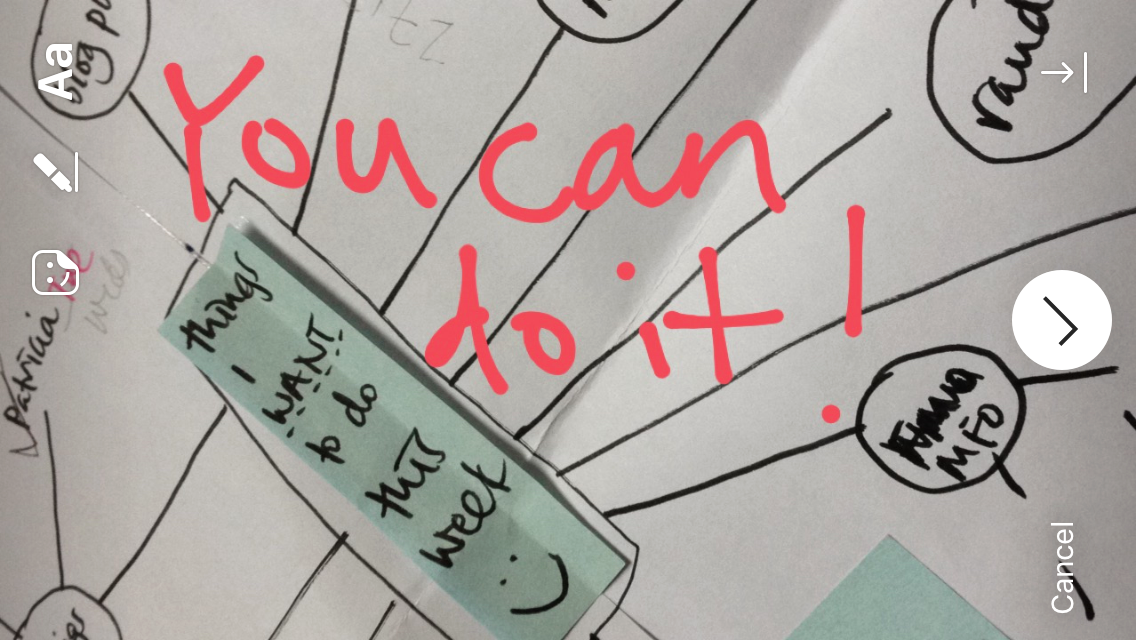A couple of weeks ago I took part in a project where I was asked to document all the food I ate, including the waste from the meals, and to reflect on my food/cooking/eating habits. The images and words were to form research for an artist’s new collection of work. I had the option to write a short piece and email some images, but because I’ve been on a social media hiatus (as I talked about here) I thought it might be a good way to get back into the Instagame. But making all this public didn’t feel right, so I set up a private account just for the project.
This private account became a quiet, safe space where I felt happy sharing my thoughts and daily experiences of food. I have a deep passion for cooking and food – it fills my head at all times. But I also have a tricky relationship with food – no matter how much I love it, I still feel I am walking a tightrope between moderation and gluttony. This relationship to food can be a deeply personal issue and not something we talk about or share with other people. But in this project, in this new space, I felt I could share the passion and enjoyment I have for cooking and eating, as well as the aspects I might not want everyone to know.
What was interesting to me, as a person who questions and notices things, was how the act of recording and reflecting affected what I was doing. Even though I started off by simply snapping each cup of tea, piece of toast, each main meal, even after a day I noticed that I was modifying my behaviour – choosing healthier options, not snacking so much, making an effort to make my food look nice on the plate etc. This act of observation was altering me. Such an interesting thought, from a social anthropology perspective – I was not an objective observer of my food routine and habits; the project itself was exerting a noticeable effect on those things. I felt visible. I knew someone else was going to see what I did, what I wrote. Not an anonymous someone (like many of our followers on social media) but a real someone, someone whose opinions I respect.
I realised that I wanted to please my collaborator, and I wanted to do my best. But it was different from my usual social media engagement, which is often about being seen to be doing things, to live up to expectations we think other people have of us. This kind of posting was less about doing things because I felt I ought to and more because I wanted to. I felt accountable, in a positive way.
And that’s when I wondered if this method might extend beyond a dialogue about food. Perhaps this constructed space between a few trusted people could provide the visibility and accountability that so many self-employed, lone workers don’t have. I know there are Facebook groups and Twitter chat hours for all sorts of this type of thing – business/creative entrepreneur support, goal setting, social media issues etc but, again, these are quite public (even the ‘private’ groups).
What I am thinking about is a small conversation, a place where people can open up, share what they need to, in the knowledge that it will be seen and responded to, that care and attention will be given by all the members of the group. We can support each other and our creative practices, in a meaningful way beyond the cursory like or heart emoji.
So, as your thoughts turn to reflections of 2017 and to New Year’s resolutions or goals for 2018, why not consider asking a couple of friends, peers or colleagues to join you in a safe, supportive, reflective space, to keep you motivated in the things you’d like to do. It could be the small change that makes all the difference.
